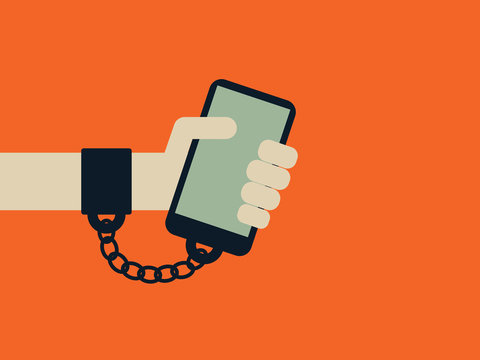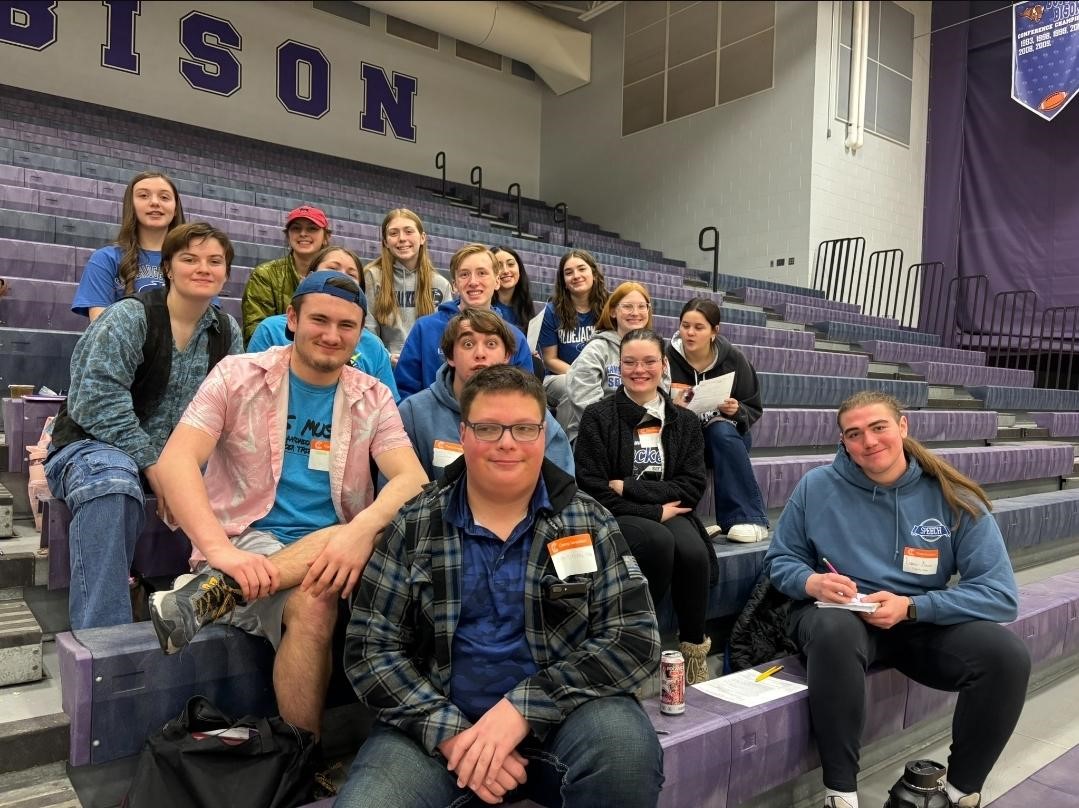
“Yes, kids are addicted to technology.” Most teachers say.
Technology has been a staple in almost every conversation about kids since COVID-19, and there are definitely many views regarding technology, some of which are very concerning about our future. Technology is a massive part of our daily lives, and we must ask ourselves, what does technology mean for our future?
On average, an internet user is on technology for six hours and forty-one minutes daily. If you do the math, that is forty-six hours and forty-seven minutes per week, which is two thousand four hundred and thirty-nine hours and twenty-five minutes per year. That is the equivalent of around one hundred and one days of just being on technology for one year alone, and if you can look at those numbers and tell me there isn’t a problem, you’re deluding yourself. Let’s break the hours down by age group because this affects everyone.
According to the CDC:
Eight to ten-year-olds spend six hours a day on technology.
Youth ages eleven to fourteen spend nearly nine hours a day on technology.
Youth ages fifteen to eighteen spend nearly seven and a half hours on technology daily.
And the average adult spends almost seven hours a day on technology, so it’s not just a kid thing.
These statistics are highly concerning, and look, if you’re ticked at me for saying that, then how about you stop feeling self-conscious about being called out on a random newspaper article and expand your mind to think about the future, because if we don’t find ways to deal with this problem, then how can we hope for a promising future for our children and grandchildren? It is our responsibility to make a bright future for future generations, and I’ll say this: the prior generations could have left us in a better position. Inflation is at an all-time high, so are the housing markets; our healthcare is a joke, people can barely afford to live, and mental illness and suicide rates are at an all-time high, and technology is being used as a way to escape all that. With technology, we can find like-minded people, we can get a break, we can learn anything. I mean, I’m learning Norwegian right now. We can learn to communicate with people we wouldn’t be able to without technology.
When asked if technology can be beneficial to learning, Mrs. Tucker had this to say: “There’s always good in things, social media can have a good effect on learning.”
But here is my question:
Is technology being used well?
No, I don’t believe it is.
“Everyone thinks that the amount of technology used is okay.” Mr. Faust said when asked about how often technology is misused in his classroom.
As a society, we need to be adequately prepared for the rise of technology. It developed so fast that I don’t think we realized its possible effects until too late.
“We get these shiny new things, but we don’t consider the effects of them until they happen.” Mr. Woodbury says.
Look, I’m not here to rip on you for daring to use technology, and I am not saying technology is the devil incarnate. Still, the thing is, it has become so prevalent that literal children are using it for hours and hours on end, and that is the thing that scares me the most. In researching this article, I came across video after video of teachers saying how disrespectful children are (Yes, I used technology for research. Irony will be the death of me). How kids don’t listen, and how they don’t know how to socialize with other children. And they are not talking about us in high school; these teachers teach elementary-age children.
“Kids would do almost anything not to give up their phone.” Mr. Filley said when asked about this. “The student’s attention span is the length of a TikTok video.”
These kids were practically born using an iPad. I came across Christmas lists of ten and eleven-year-olds asking for high-end skincare products, lip plumper, and skims shapewear (a clothing brand to make oneself more appealing, if you were unaware.) They see these products on Instagram, and primarily, TikTok, and see their favorite influencers with perfect faces enhanced with filters and surgery and think: “If I want to be pretty, I need to be like them.”
Their childhoods are being robbed of them. They will realize its damage once they have passed that on to the next generation, and by then, it will be too late.
If you give a little kid an iPad for hours on end just so you don’t have to deal with them, I’m sorry, but that’s. Not. Parenting.
And who are the people who will have to deal with the consequences of this?
Teachers and my generation will be the ones to deal with the first wave of the results of technology addiction in young children. Our teachers will be the ones to teach the young ones the life lessons they should have learned, and my generation will be the employers trying to manage and run a business with the younger generation as our workers.
The scariest part is that we do not know the long-term consequences of using technology from such a young age, not to mention the effect that COVID-19 has had on the younger generation. We can’t even fathom the consequences that are to come with those two undeniable variables in play.
So, in conclusion, is technology an inherently evil thing? No. But it is something that we must be careful about in the future. As I said earlier, we still determine the consequences of growing up with technology. I want to raise awareness of these things because unforeseen consequences will blindside us if we do not. Let’s work together to prevent the story of technology from becoming just another cautionary tale of what happens when we act without thinking of the consequences.
When asked about the future of society with technology, Mr. Galligan had this to say:
“It’s possible for things to improve. Human beings have a great capacity for change, especially for the better.”





